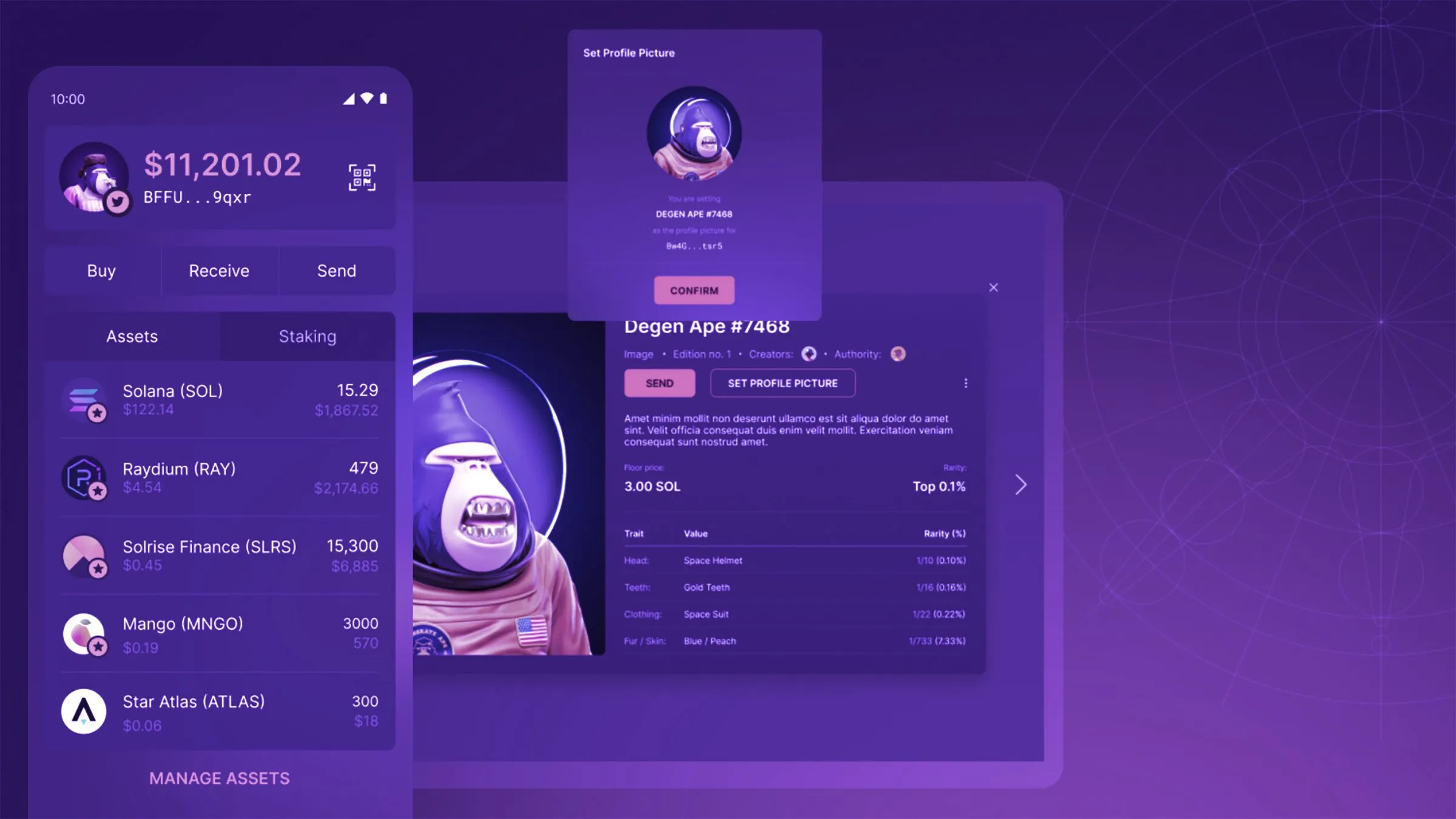Solflare, a wallet on the Solana network, announced on Monday that its users can now pay higher gas fees to muscle through network congestion.
“[Solflare] is the first to implement this in a user-friendly way," Solrise Finance co-founder Vidor Gencel tweeted. “In-wallet transactions will automatically be prioritized with the current market price for fees, ensuring that your transactions are included faster than those in other wallets.”
"Solflare will automatically detect whether the [Solana] network is under load and slightly increase fees to prioritize your transaction over others," the company tweeted separately. "When it matters the most, your transactions will go through and be fast."
Since its launch in 2019, Solana has become a popular blockchain for NFTs and decentralized applications due to its speed and low costs. Still, those benefits have caused the popular network to fall victim to network congestion when it attempts to handle a rush of transactions.
Fees have been a part of crypto since the very beginning of the industry and the Bitcoin whitepaper. Transactions cost a small amount of the particular network's coin or token to pay for sending cryptocurrency or NFTs from one wallet to another.
Last summer, Solana Labs introduced variable gas fees to the network that the company described as a “neighborhood fees” approach, which does not impact the wider network. Anatoly Yakovenko, co-founder of Solana Labs, said at the time the model is aimed at not punishing users with high fees across the entire network during high traffic.
Priority fees also help make a blockchain network more stable by preventing users from hammering the Solana network with repeat transactions in the hope that one of the transactions will go through.
Gencel says users of other wallets may be unable to transact during times of high network traffic due to a lack of proper prioritization.
"It's worth noting that state in Solana is isolated," Mert Mumtaz, co-founder and CEO of Helius, told Decrypt. "So a highly contested piece of state won't cause the gas price for other pieces of state to go up. This is unlike ETH, where, for example, if there's a hot event like the [Bored Ape Yacht Club] land mint, the [transaction] fee for all users goes up."
Solflare says priority fees are already live in its app on the web, in browser extensions, and for in-wallet transactions with mobile and app launching soon.
In December, a debate in the Polygon community resulted in an approved proposal to hard fork the Polygon blockchain. Polygon Labs says forking the network will help prevent gas fee spikes and address chain reorganizations, also known as reorgs. The fork is slated to take place tomorrow.
Daily Debrief Newsletter
Start every day with the top news stories right now, plus original features, a podcast, videos and more.

